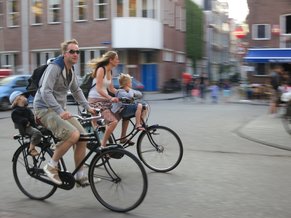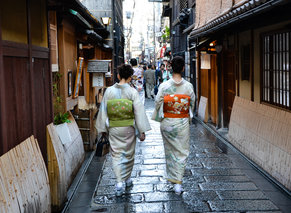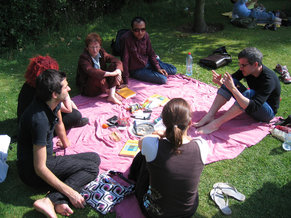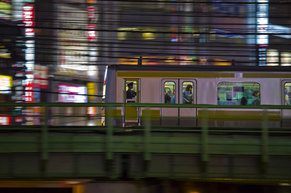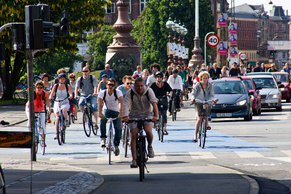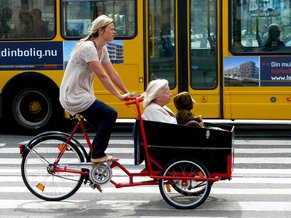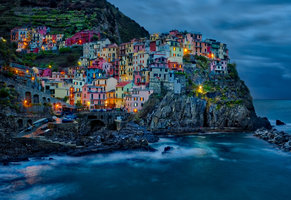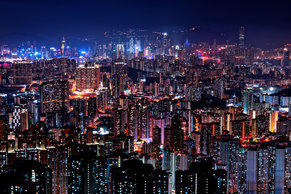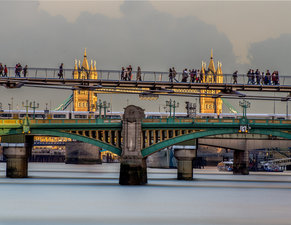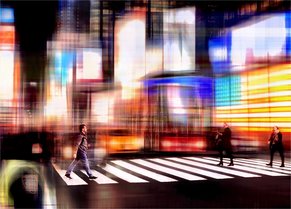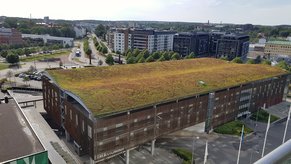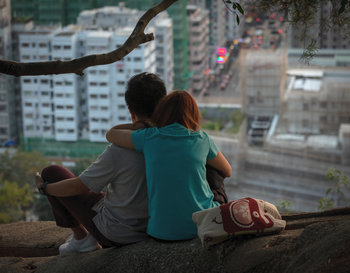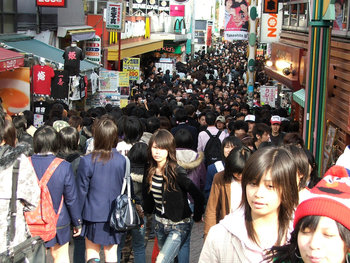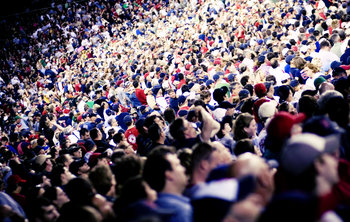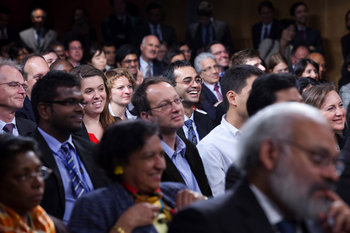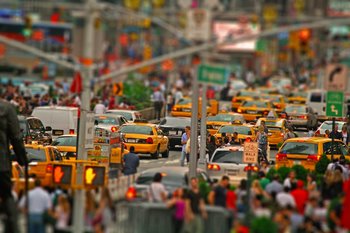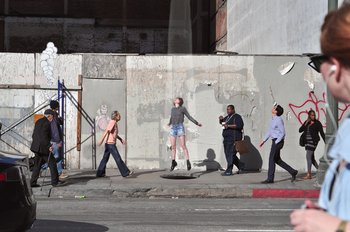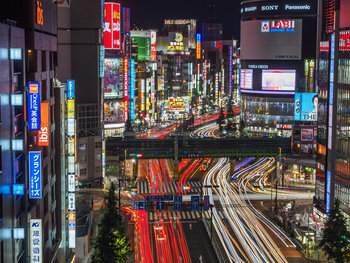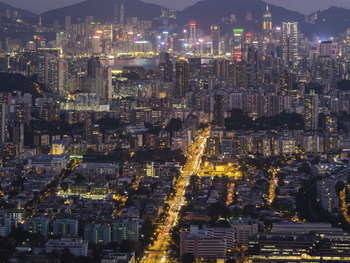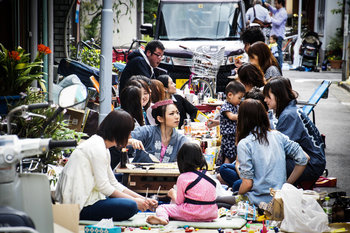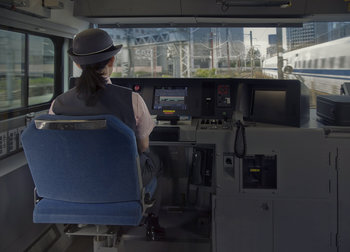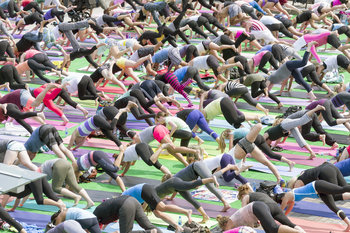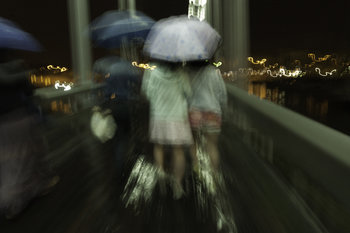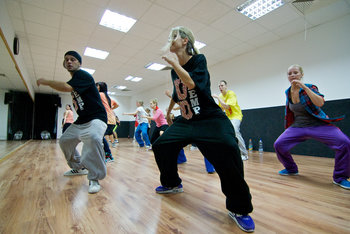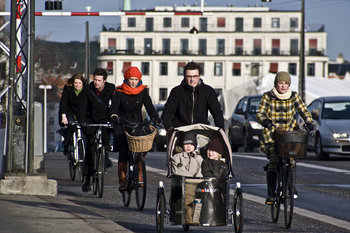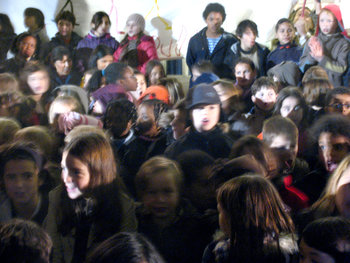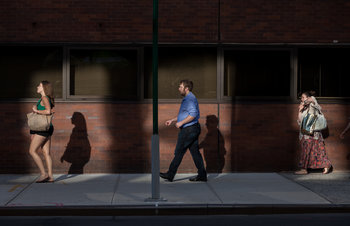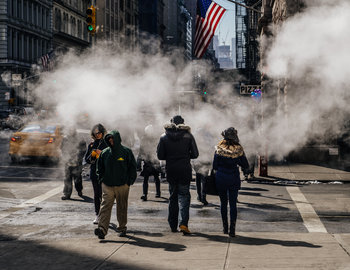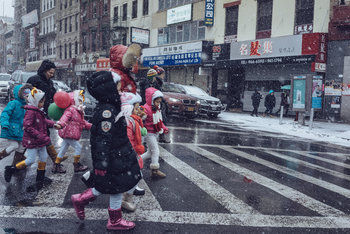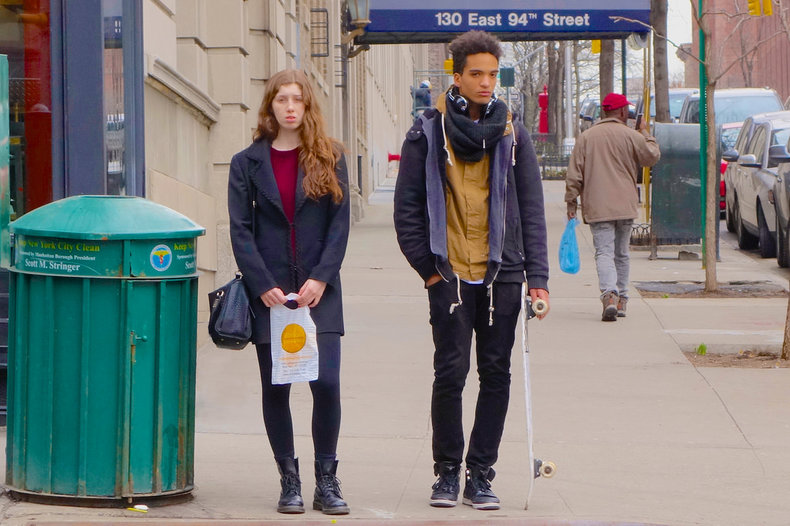
Culture
Elements of culture that are local to a place such as language, festivals and food.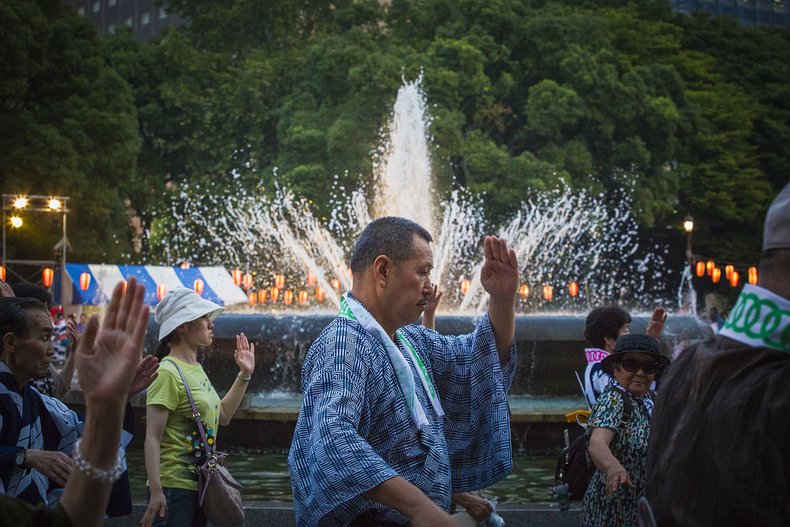
Norms
The expectations of behavior and common practices in an area that help people to get along and get things done.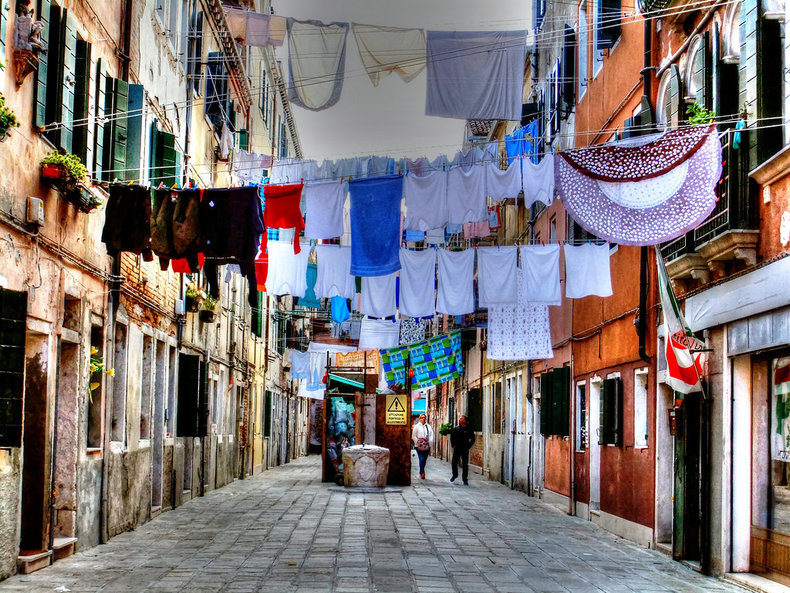
Architecture
Architecture that is unique to a city, town or neighborhood. This can be contrasted with places that have standard architecture that can be seen in a thousand other places.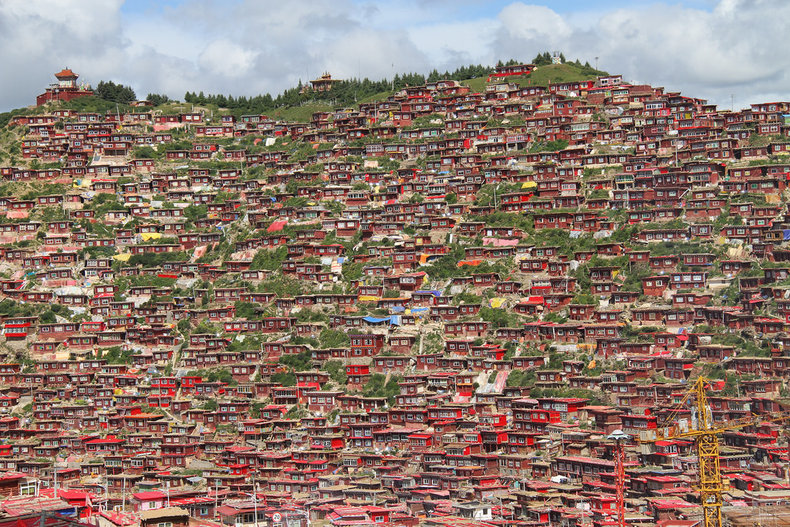
Public Space
Places that are open to all that allow for recreation, social interaction and personal reflection.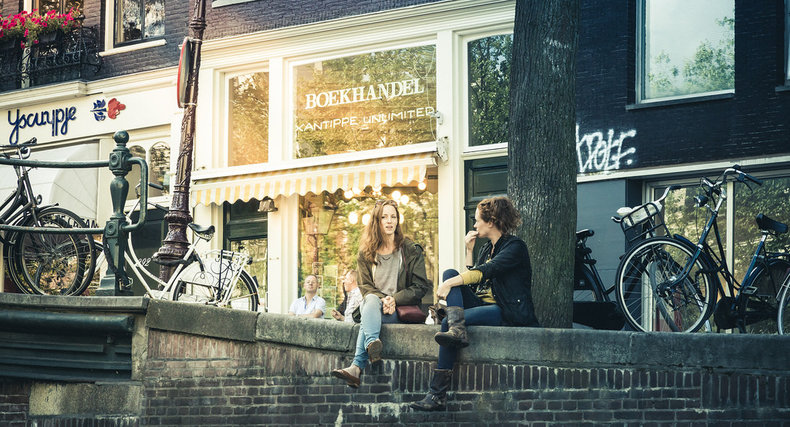
Commerce
Businesses such as cafes, restaurants, shops, markets and nightlife that make an area more lively. Mixed use neighborhoods with a variety of residential, commercial and public space may have a stronger sense of place than vast residential or industrial suburbs. In order to add to a sense of place, commercial entities must be unique. Generally speaking, chain restaurants that look the same everyone may subtract from a sense of place.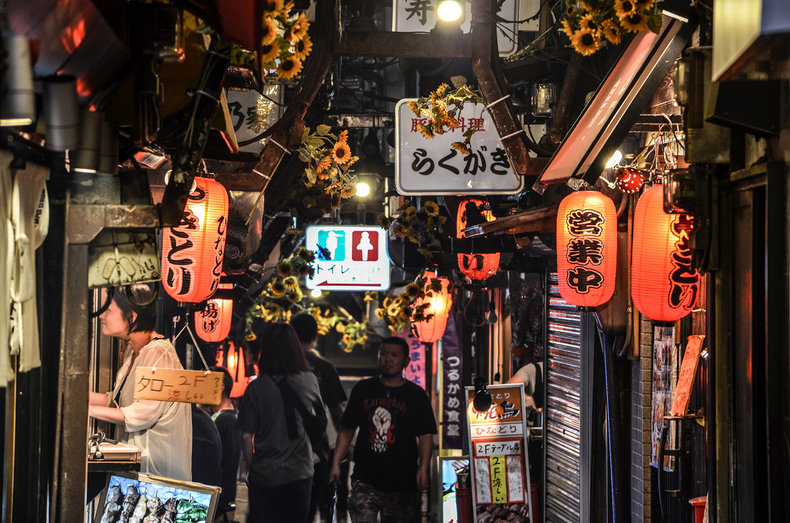
History
The history of a place including dramatic events or simply the general sense that people have been living in a place for many generations.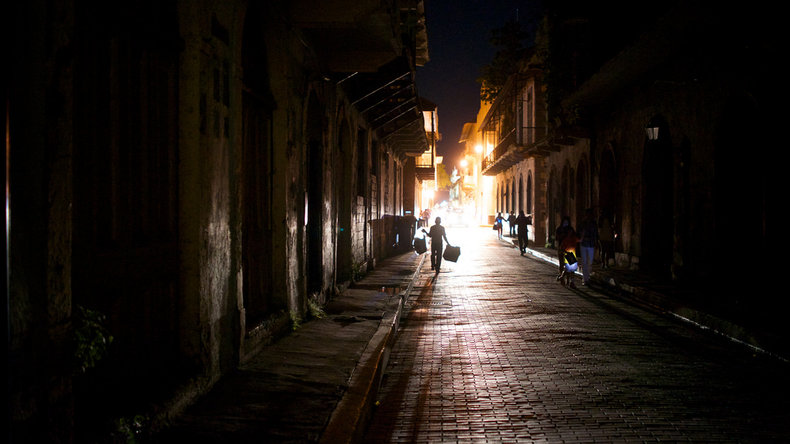
Heritage
Heritage is anything that is handed down from the past including intangible things such as a tradition and tangible things such as historical buildings.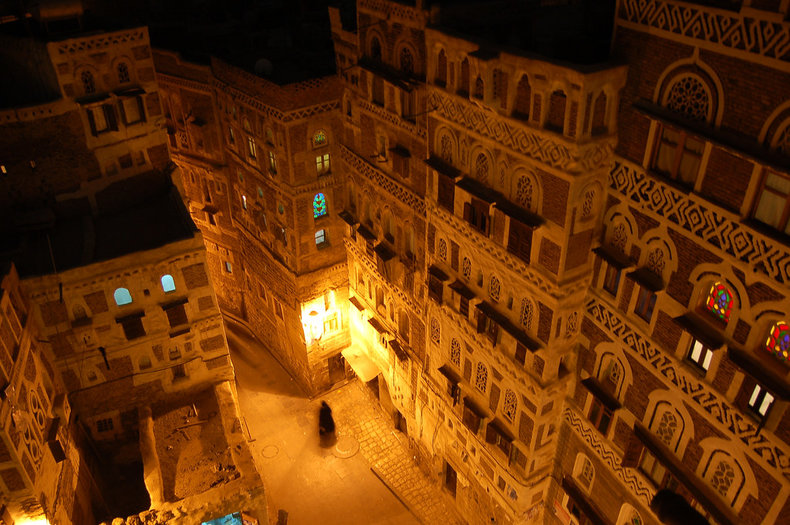
Storytelling
Sharing the history, myths and folklore attached to a place. For example, genius loci is a common type of myth that involves protective spirits that guard a place. These myths can serve to give color to a place such as festivals that celebrate or appease local spirits.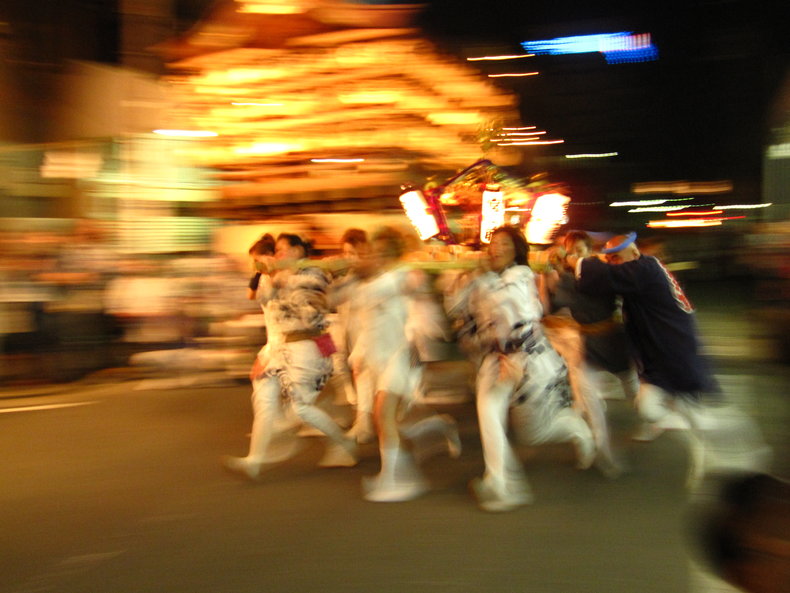
Symbols
Symbols of a place such as a landmark building, famous shop, artwork or local food item.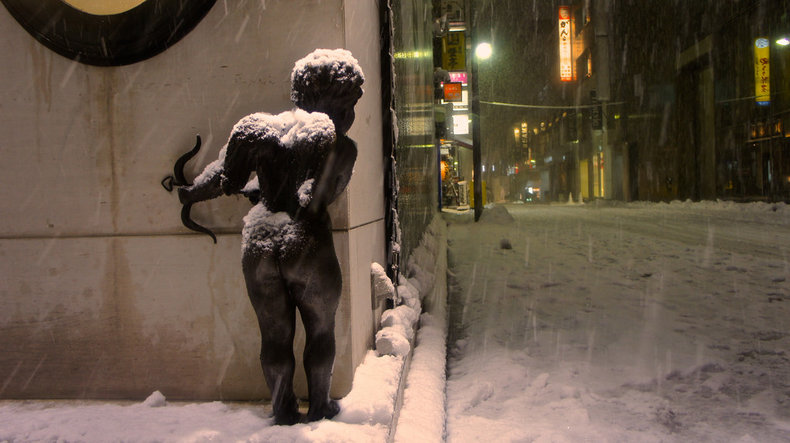
Tradition
Tradition is the continuation of how things were done in the past. This can be viewed as living history.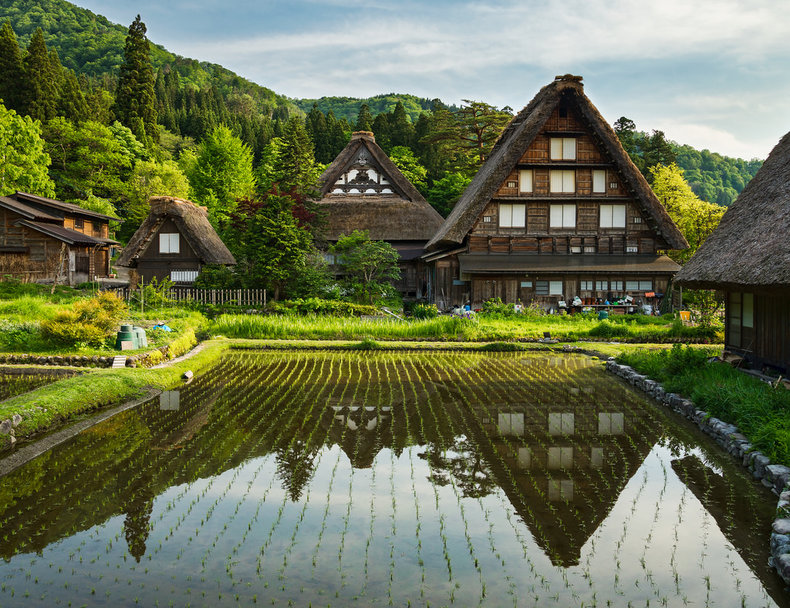
Community
Social interaction between locals such as children playing in a park or neighbors who organize local events.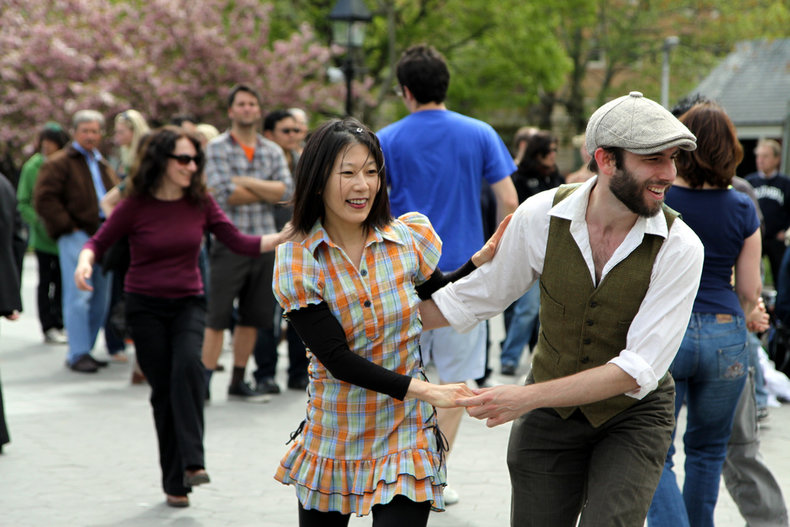
Adversity
Sense of place isn't necessarily fully positive. Nothing builds social bonds like adversity and hardship. For example, poverty, crime, pollution, overcrowding, corruption, incompetence, risk and disasters can be a central part of a community's sense of place. This gives a community a set of problems to tackle together creating urgent need for solidarity.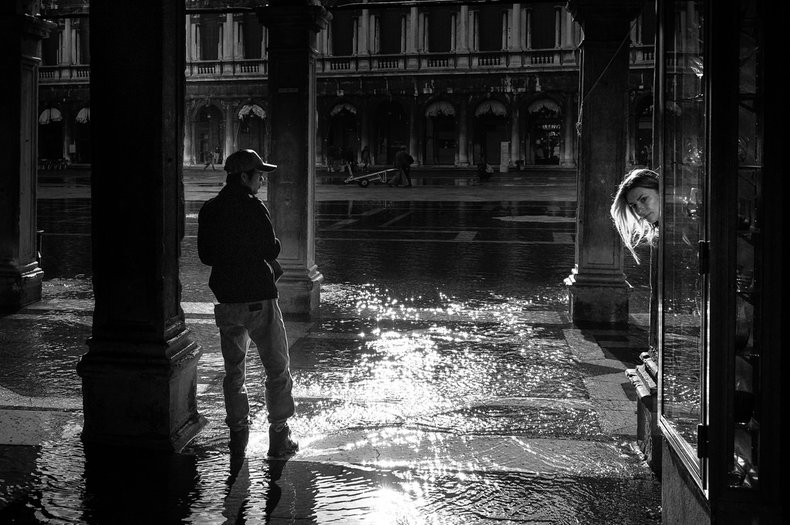
Lifestyle
Lifestyle is a way of life. This tends to vary greatly from person to person but there are commonalities that can be attached to a place such as how people get to work in a particular neighborhood.
Identity
People may strongly identify with the place they live or their hometown such that it can be a basis for strong social bonds.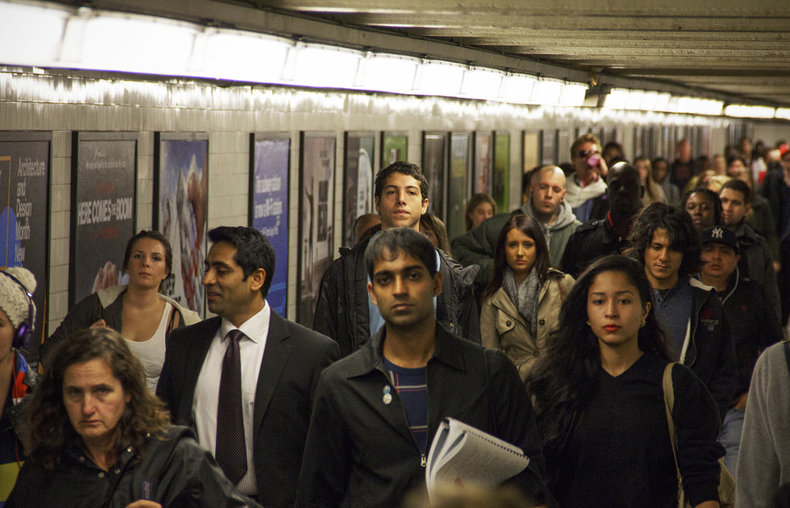
Celebration
Local celebrations such as an observance of a holiday or local festival.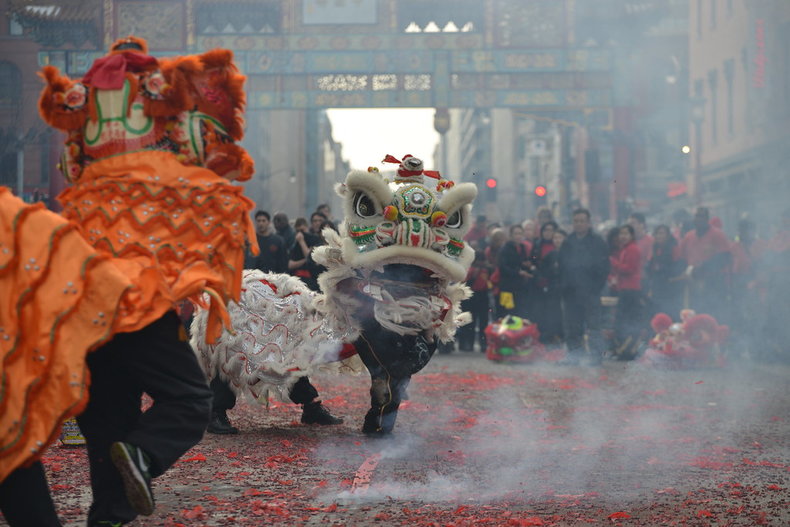
Visitors
While it is usually the locals who define a place, some places are defined by tourists as they may vastly outnumber the locals. For example, a beach that attracts party goers or a shopping district that attracts big spenders.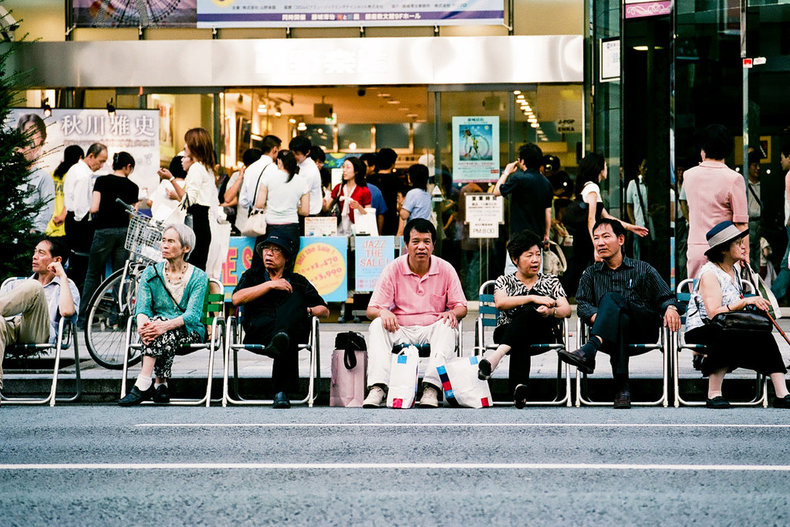
Nature
Places of unusual natural beauty or less dramatic green and blue spaces that give people a place to experience nature.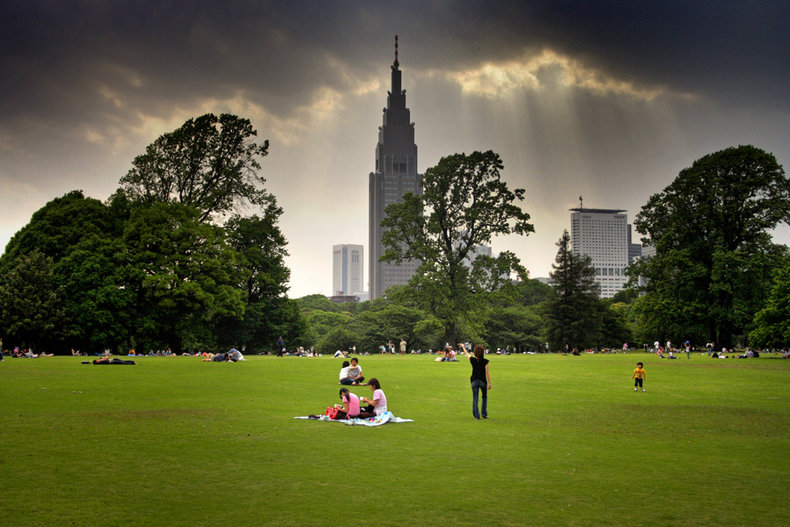
Landscape
Natural and man-made landscape features such as hills, mountains, cliffs, valleys, plains, forests, rivers, lakes, oceans, beaches, islands, waterfalls and gardens.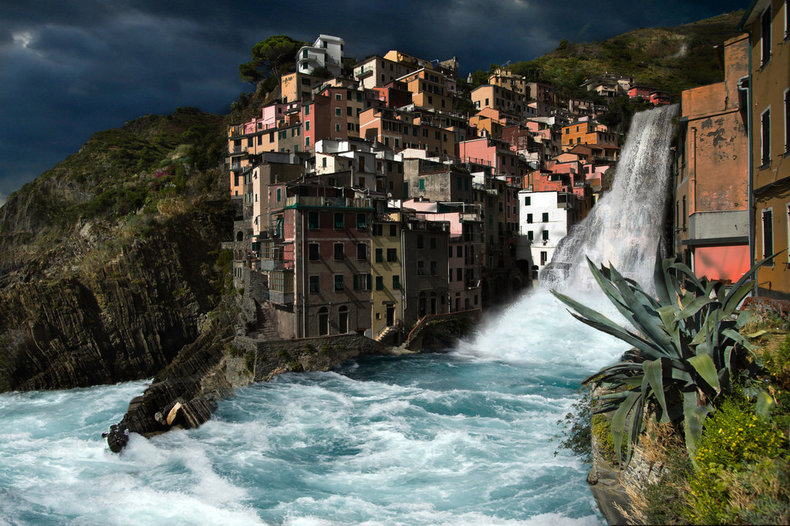
Infrastructure
Public infrastructure that adds or takes away from the charm of a place. For example, a pleasant canal verses an oil pipeline.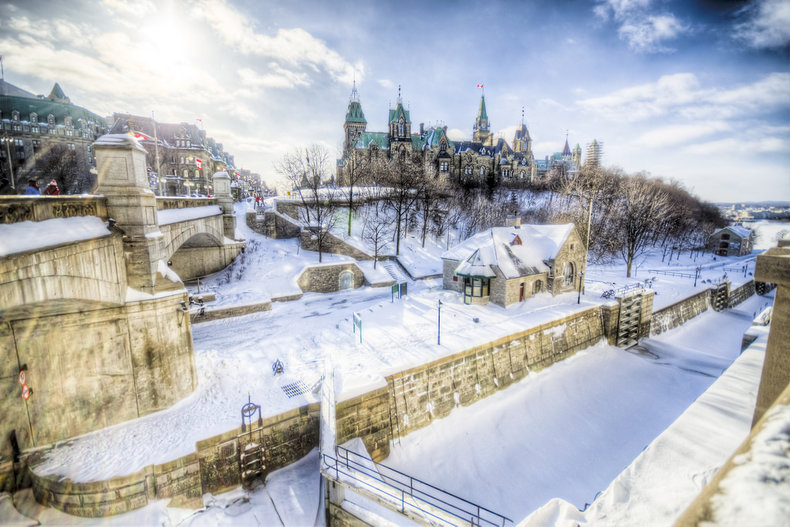
Placelessness
A place that is overly harsh, practical, standardized or functional such that it lacks any charm. For example, vast concrete landscapes filled with cars.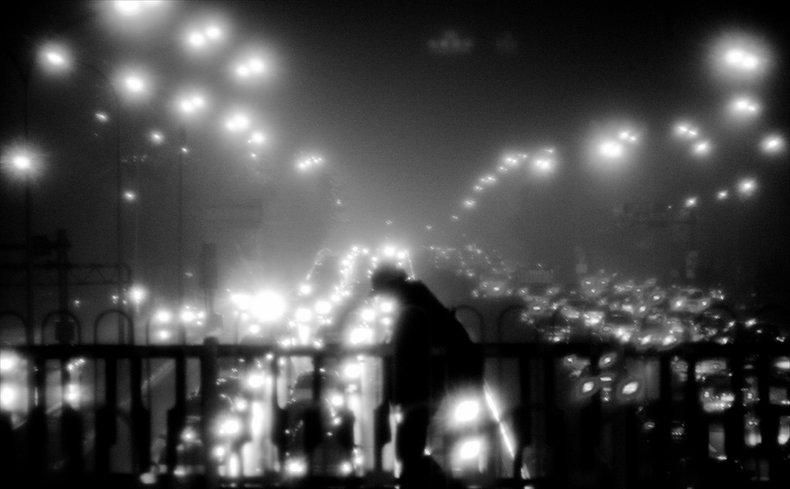
| Overview: Sense Of Place | ||
Type | ||
Definition | The meaning that a community attach to a geographical place. | |
Related Concepts | ||

